Portfolio News
Axiom
SpaceX
Umbra
Umbra announced an agreement with Maxar for direct access to their radar imaging satellites data. Above is an example of Umbra's SAR image and Maxar's optical image of the same location. You can find a more detailed overview of Umbra in one of last week's Payload updates.
General Space News
Shares in Intuitive Machines (NASDAQ: LUNR) skyrocketed to a high of $51 a share after de-SPACing last week. The company ended the week at $40.70/share but no one is quite sure what caused the jump to happen. Via Payload: 'Intuitive Machines originally anticipated that its SPAC transaction could generate $301M. However, a recent filing with the SEC revealed that SPAC shareholders opted to redeem a whopping $279.9M (or 27.5M shares) prior to the transaction, which closed on Valentine’s Day. The high redemption rate leaves Intuitive Machines with far less cash than expected.'
Maxar Technologies (see Umbra announcement above) announced the end of its “Go-Shop” period last week. Maxar discussed acquisition proposals from 36 potentially interested third parties but did not receive any that were better than Advent’s $53/share all cash offer.
The Space Force confirmed its plans for a "dual-lane approach" to its National Security Space Launch (NSSL) procurement program that specifically enables contracts with emerging launch companies and with vehicles that may not be able to reach all NSSL-required orbits.
The Biden administration’s Space Force budget proposal for 2024 will likely ask for an additional $3 to $6 billion dollars over the 2023 budget which could easily be $31 to $34 billion in funding for 2024. The primary motivation seems to be due to increasing awareness of 'space' threats from both Russia and China.
There is an almost daily debate in Europe concerning how its space industries and ambitions survive in a world of Starships and Starlinks. Whether it was the tech divide during the pandemic or now with the war in Ukraine, Technological Sovereignty is once again a hot topic in European policy circles. One result is a renewed understanding that Europe’s capital structure does not support innovation but is rather focused on wealth preservation.
There have been several announcements recently of new Europe-focused ‘venture funds’ with the latest being Germany’s new deeptech and climate fund (funded by the German government's €10bn Future Fund). The issue with many of these ‘funds’ is that they focus on sovereignty far more than they focus on innovation which equals much less profitability or return on investment. If the goal is simply to maintain parity while growth and ROI are a distant “nice to have,” then how much will Europe’s tech and space sector, specifically, be distorted?
Other Space News
National Space Council (NSpC) Users' Advisory Group (UAG); Meeting
Two senators have reintroduced legislation to create a Space National Guard.
Astranis won a contract to incorporate military communications on one of its small GEO satellites.
Aerospace and defense contractor Boecore is acquiring Orbit Logic.
The European Parliament has approved a proposed satellite connectivity constellation.
Space Station Research Announcement for Advanced Materials and Manufacturing Open Now
European Startups Hungry for Space Tug Market Share - Payload
